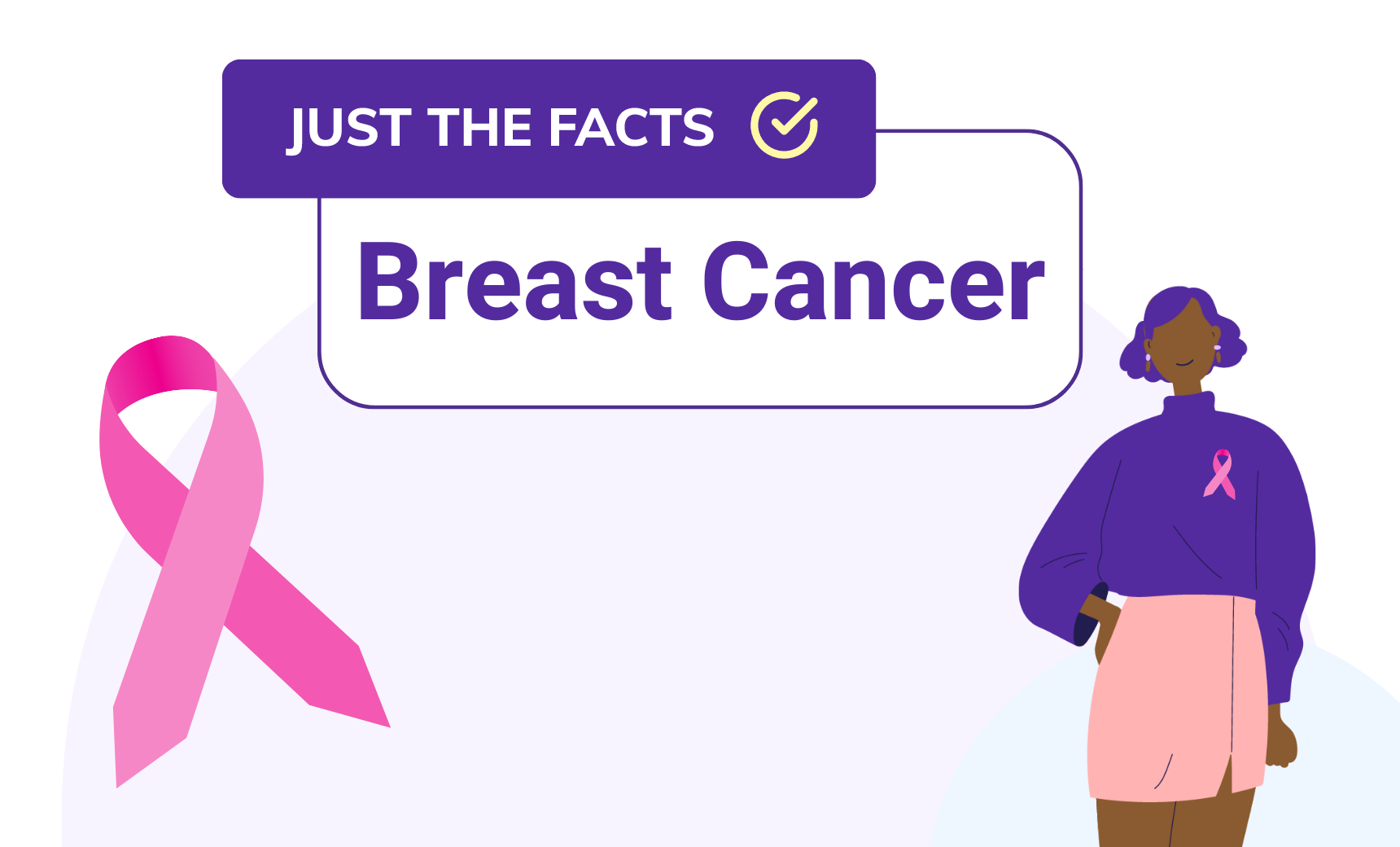How Common Is Sleep Apnea?
Have you heard of sleep apnea? Sleep apnea has become a significant health crisis in the United States and it is in the news now more than ever. According to the American Academy of Sleep, there are an estimated 25 million cases of sleep apnea in the United States with 80% of the severe and moderate cases being undiagnosed. Symptoms of sleep apnea that affect your daily life include insomnia, morning headaches, irritability, job impairment, and falling asleep behind the wheel. Due to the lack of awareness by the public and healthcare professionals, it is important to know the facts so we can diagnose and treat the sleep disorder.
Sleep apnea is a medical disorder that occurs when a person’s throat muscles intermittently relax and block his or her windpipe. Untreated sleep apnea can increase the risk of serious health problems, including heart disease and diabetes. If your doctor does not screen for sleep apnea or if your bed partner does not make you aware of the symptoms you are experiencing during your sleep, it may go unseen. Since there are many patients who are not aware of their disturbed sleep, it is estimated that four out of five people go undiagnosed. TheSleep Apnea Foundation reports that untreated cases can lead to chronic heart failure, atrial fibrillation, stroke, and is a factor in many traffic accidents owing to the persistent drowsiness suffered by the OSA patients before the disease is recognized and treated. People that have an untreated case of sleep apnea are four times more likely to have a stroke, three times more likely to have heart disease, and six times more likely to die in a car accident. The National Highway Traffic Safety Administration has stated that drowsy driving is responsible for, at a minimum, 100,000 car accidents, 71,000 injuries, and 1,550 deaths per year.
Sleep apnea is a condition that can affect anyone, including professional athletes. Did you know that up to one of every three NFL players are affected by this condition? You may be thinking, “If they’re a professional athlete, they must be in great shape. How does someone so fit have sleep apnea?” While being obese and/or having conditions like diabetes does put you at higher risk for sleep apnea, there are other contributing factors such as BMI and general body size — especially neck size. Unfortunately, the same size and strength that allows them to excel in the NFL also contributes to an increased risk for sleep apnea. As an example, Percy Harvin was diagnosed in 2010 after losing consciousness at practice due to headaches caused by sleep apnea. Baltimore Ravens center Ryan Jensen was diagnosed after noticing he was perpetually exhausted and his performance on the field was suffering. After participating in a sleep study, he was told that in the nine hours he spent in bed, he was getting just 90 minutes of actual sleep. Reggie White of Green Bay Packers and Philadelphia Eagles fame sadly passed away in his sleep due to sleep apnea related conditions only a few weeks after his 43rd birthday.
We are proud to partner with HomeSleep to make testing for sleep apnea convenient and accessible to everyone. With modern methods such as home sleep testing, you avoid being placed on a waiting list to be scheduled at a sleep center, costly expenses, and the need to stay overnight at a hospital or in-lab facility. With HomeSleep, the entire paradigm has shifted. HomeSleep ships the testing equipment directly to your door and all you have to do is follow the included instructions and sleep as you normally do. Once you’ve completed the test, you simply ship the equipment back using the included return label. HomeSleep will then analyze your test results and get them to you within days. The entire process usually takes less than two weeks! When it comes to sleep apnea, there truly is no more convenient and efficient way to be tested. HomeSleep is committed to educating patients, families and employers about sleep apnea, how to have it diagnosed, and the different treatment options. Through LabFinder, patients and physicians now have the ability to get the answers they need.
LabFinder is a no-cost, online platform for people to easily schedule their medical tests and view results securely. The LabFinder team is passionate about improving the ‘patient and doctor experience’ through better communication, reduce out-of-pocket expenses and making everyone know more about their own medical tests. The mission of LabFinder is simple: we want to be solution to you and get you the test results you deserve so you can make right choices about your health.






LabFinder Team
The LabFinder Editorial Team is behind The Illuminator and The Insider, LabFinder’s consumer and business blogs.
Dr.Robert Segal
Dr. Segal is CEO and co-founder of LabFinder, as well as a board-certified cardiologist. He began practicing medicine in 2002 and has founded several businesses, including Medical Offices of Manhattan and Manhattan Cardiology.